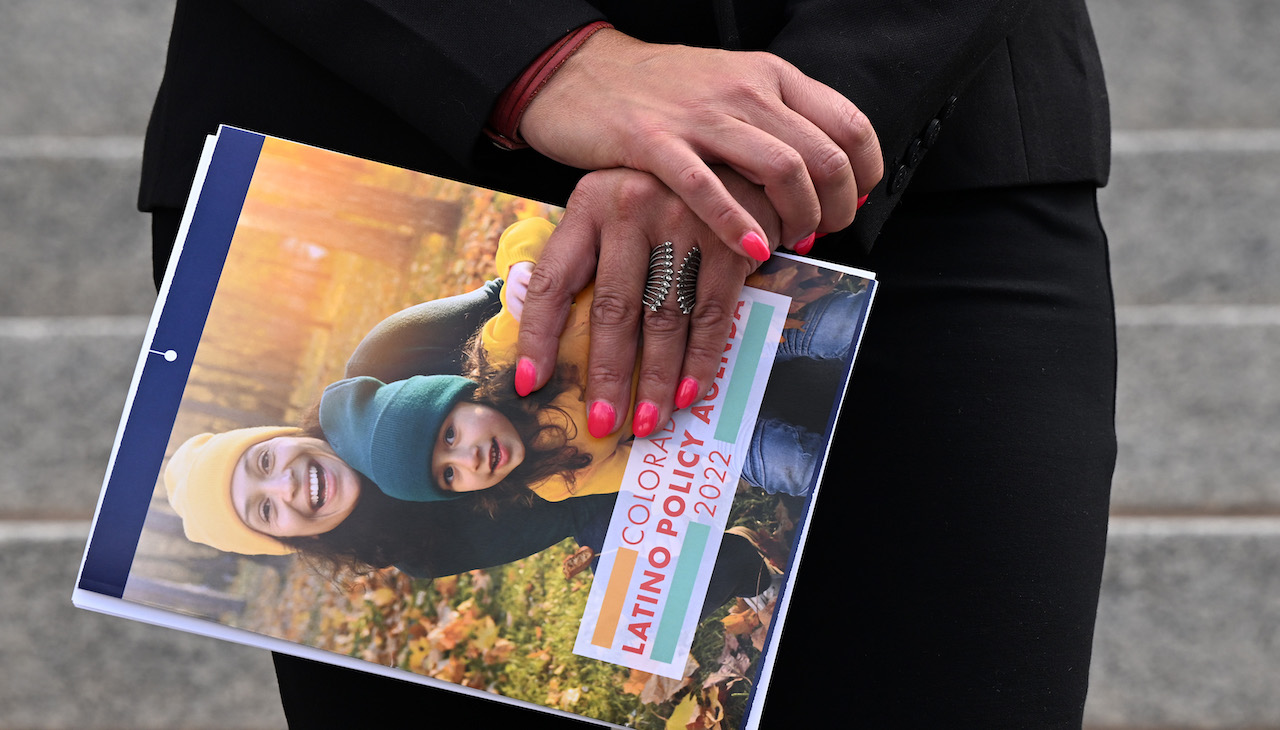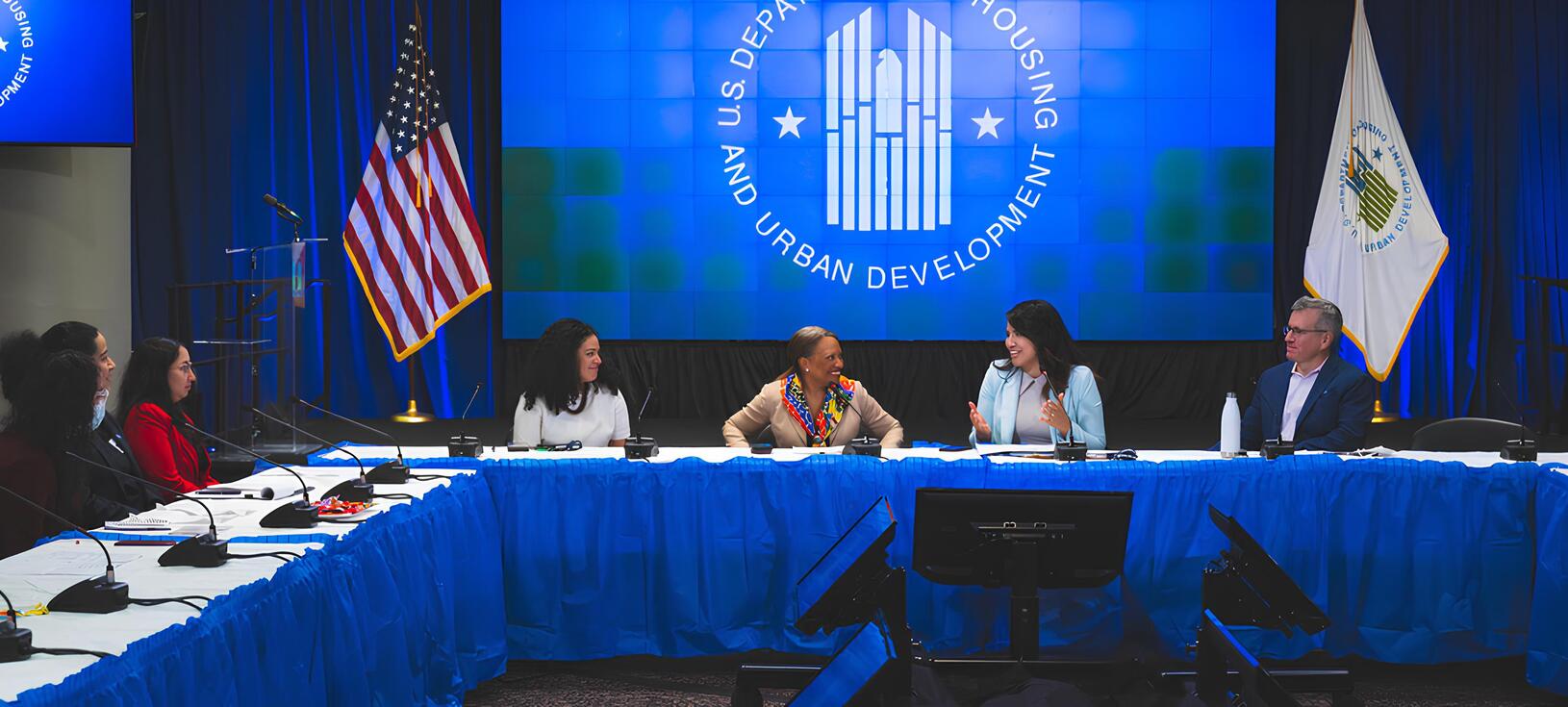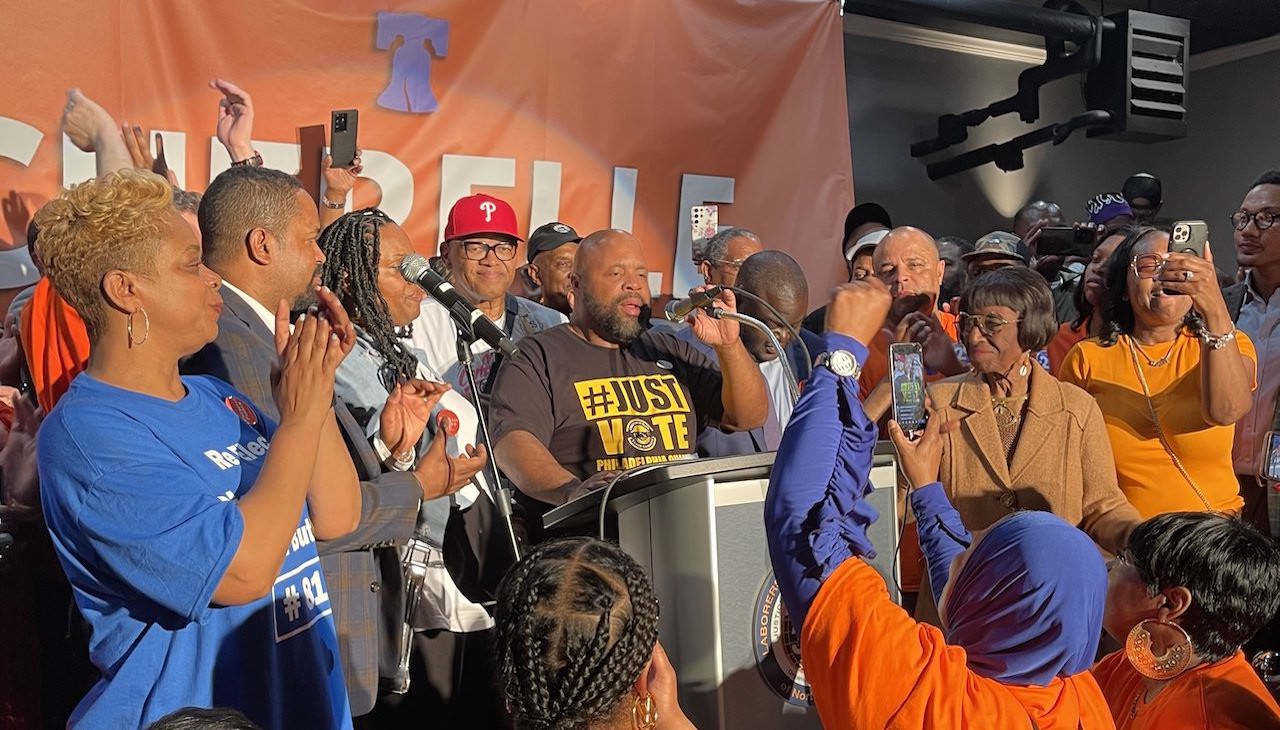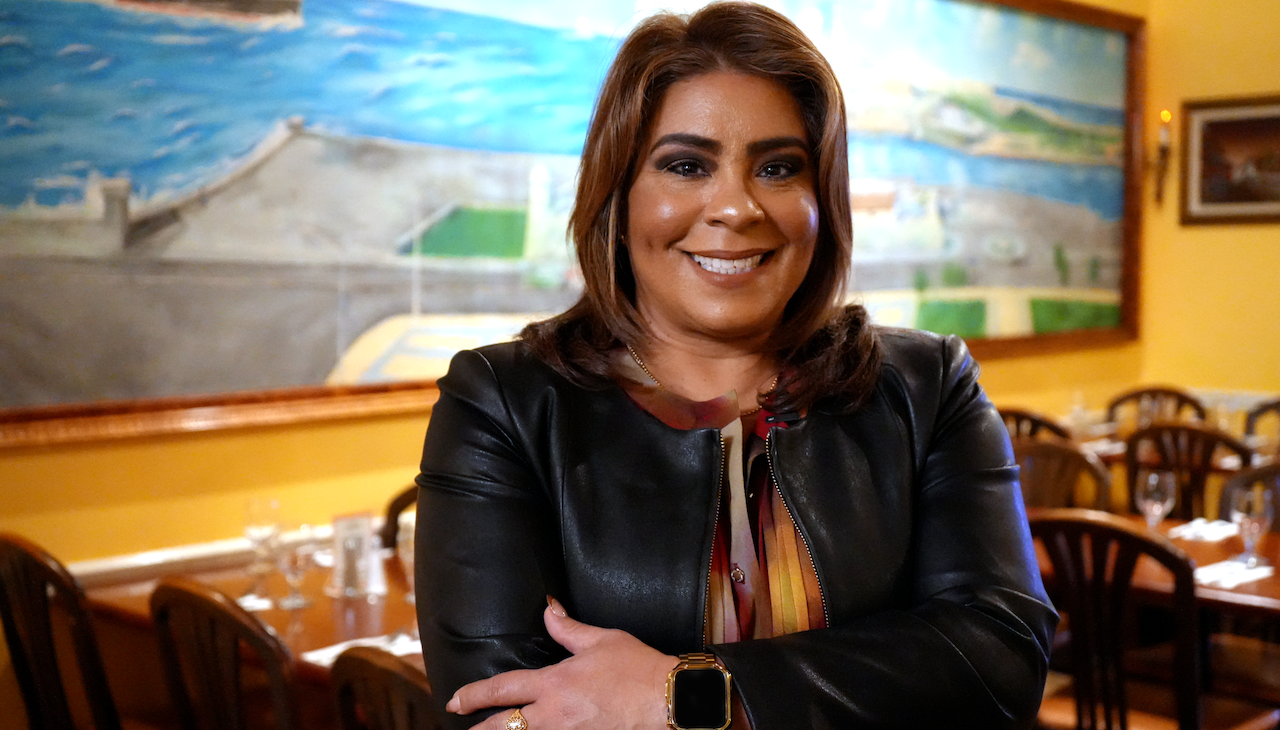
Latino Victory talks business with women in politics
Latino Victory Project launched a new show on Tuesday, Sept. 13 in partnership with FIERCE by mitú with the goal of driving Latina participation in politics, as well as inspiring women to pursue a career in office by highlighting underreported success stories.
"Latinas are an influential demographic with the power to transform our country on the ballot and at the ballot box. The Latinas from Coast to Coast series speaks to a young Latina audience to remind them that their vote is power and can determine the direction of this nation,” said Nathalie Rayes, President, and CEO of Latino Victory Project.
The limited series will feature women in government in a panel-styled conversation on their backgrounds, policy work, and the state of affairs. Videos will be moderated with questions posed to guests of the show.
“Right now, we are thrilled to announce the guests who are participating in our second fireside conversation: Rochelle Garza, candidate for Texas Attorney General; Lina Hidalgo, Harris County Judge; Mini Timmaraju, president of NARAL, and Cecile Richards. This conversation will be focused on a host of issues facing Texas Latinas,” said Reyes added.
Latinas from Coast to Coast’s pilot episode starts strong with New Mexico Congresswoman Teresa Leger Fernández, and Rhode Island’s Secretary of State, Nellie Gorbea, who engaged in conversation with Laphonza Butler, President of Emily’s List.
“I ran to make government work for people,” said Gorbea, a Princeton alumna, and the first Latina to occupy the seat in her office’s history. “Now that I’ve been there eight years, I’m grateful to be able to show to Latinas, to people of color, to people for whom the system was not set up for, that in my office they get the service that they deserve,” Gorbea continued.
Gorbea was sworn into her role in 2015 and has since served as the sole Hispanic elected to serve in a statewide office in New England.
“That path to get there definitely involves greater participation from our own community in fundraising in contributing to candidates of color,” Gorbea said of the sway Latinos have in election outcomes.
She went on to underscore Latino mistrust in government, a factor that Gorbea says plays into little participation in politics altogether. And she’s not wrong.
Although poll turnout in recent years has been higher, Latino voters don’t always show up. And while they’re not apathetic to politics, polls show that outreach is a chief reason for a response to the general sense of disengagement. “It’s (...) based o the lived experiences of communities that have not had government work for them,” Gorbea told Butler.
In New Mexico, U.S. Rep. Leger Fernández talked about the importance of presence during contentious political times. The representative. has sponsored and co-sponsored over 300 pieces of legislation during her time in office, including the protection of tribal remains, marriage equality, immigration, and student loan relief.
CONTENIDO RELACIONADO
“There is a generational and intergenerational communication and mobilization happening right now which is beautiful,” said the New Mexico Rep.
Certainly, there is a heightened sense of awareness of the Hispanic voting block, and organizations in the U.S. are racing against the clock to get them to cast their ballots. But it might take more than advocacy.
Mayra Macías, Chief Strategy Officer at Building Back Together (BBT), told AL DÍA that she hopes new advocacy serves as a model for folks hoping to reach Hispanic voters politically.
“There’s really great things happening in the White House, and as a collective, we have to figure out how to make this information accessible to our community,” Macías said.
BBT recently spent six figures in ads to highlight the wins for the Biden administration in the hopes the information would become more accessible to them.
“The thing we say is sí se puede (yes we can). The thing we say is somos poderosas (we’re powerful) (...) And we are [going to] use that power,” Fernández said.
The series will run from Sept. 13 through Election Day.







DEJE UN COMENTARIO:
¡Únete a la discusión! Deja un comentario.